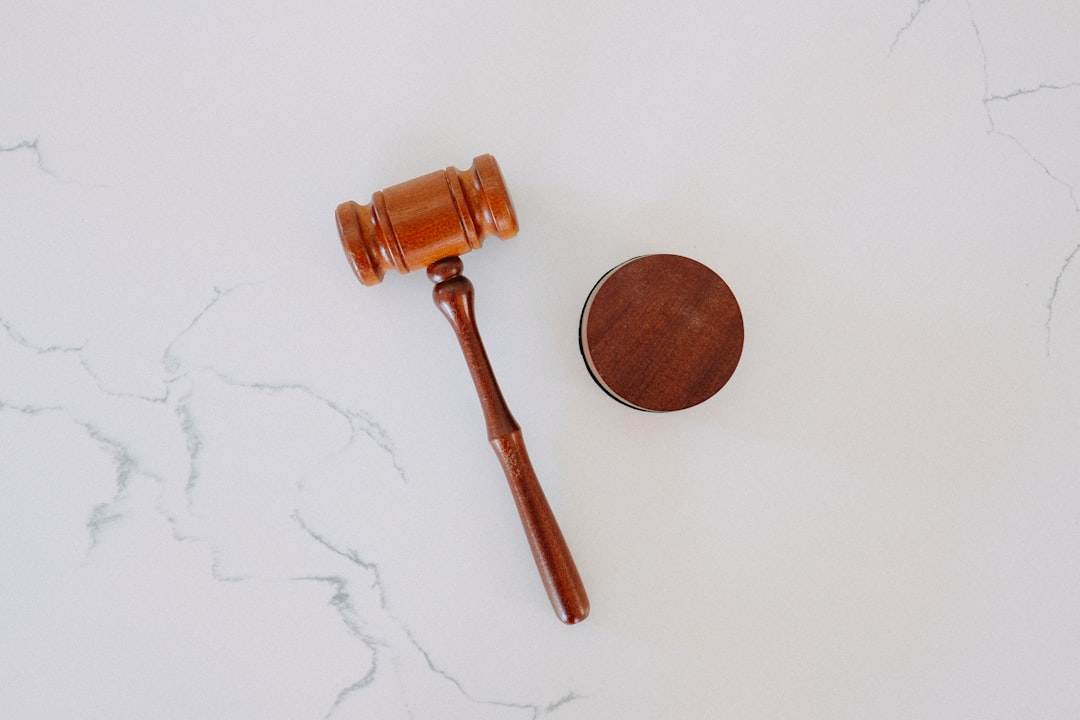In Philadelphia, Pennsylvania, consumers facing abusive debt collection practices should consult a lawyer specializing in debt collector laws (LA) for guidance and protection under federal laws like the Fair Debt Collection Practices Act (FDCPA). Such lawyers help navigate options, file complaints, and take legal action against violators, ensuring consumer rights are upheld. After filing a complaint with relevant authorities, they may investigate, request responses, and refer cases to specialized LA attorneys for further representation.
“Navigating debt collection complaints in Philadelphia can be daunting, but understanding your rights is crucial. This comprehensive guide explores your protections under Pennsylvania’s consumer protection laws and how to file a complaint against aggressive debt collectors. Learn about the vital role a lawyer for debt collector plays in ensuring justice and what steps to take after filing. Optimize your financial future with this essential resource for Laws LA.”
Understanding Your Rights Against Debt Collectors in Philadelphia

In Philadelphia, like many places across the United States, individuals have specific rights when it comes to dealing with debt collectors. Understanding these rights is crucial for anyone facing relentless or harassing collection efforts. Federal laws, such as the Fair Debt Collection Practices Act (FDCPA), protect consumers from abusive or unfair practices by debt collectors. These laws not only outline permissible collection methods but also give individuals the right to file complaints if they believe their rights have been violated.
If you’re experiencing issues with a debt collector in Philadelphia, it’s advisable to consult a lawyer specializing in debt collection laws. Legal experts can guide you through your options, help you understand your rights, and take appropriate action if necessary. They can represent you in filing a complaint with regulatory agencies or even sue the debt collector if warranted, ensuring that your rights are protected and upheld.
When to File a Complaint: Identifying Violations of Consumer Protection Laws

If you believe a debt collector has violated your rights as a consumer, it’s important to act quickly and file a complaint. In Philadelphia, consumers have protections under both state and federal law. According to the Fair Debt Collection Practices Act (FDCPA), debt collectors must adhere to specific rules when attempting to collect debts, including prohibiting abusive, unfair, or deceptive practices. Violations may include harassing phone calls, false claims about the debt, or refusing to validate the debt.
Knowing when to file a complaint is crucial. If a debt collector fails to provide proper validation of the debt, refuses to stop contacting you despite your requests, or uses threatening or coercive language, these are clear indications that your rights may have been infringed upon. Consider consulting with a lawyer for debt collectors in LA to understand your legal options and ensure your complaint is filed under the appropriate consumer protection laws.
The Role of a Lawyer in Navigating Debt Collection Complaints in PA

When dealing with debt collectors, having a lawyer on your side can be invaluable. In Pennsylvania, a lawyer specializing in debt collection laws (LA) can provide crucial guidance and protection for your rights as a consumer. They navigate complex legal systems to ensure that debt collectors adhere to state and federal regulations, such as those outlined by the Fair Debt Collection Practices Act (FDCPA).
A lawyer for debt collector LA can help you file formal complaints against aggressive or unlawful collection practices. They can represent you in negotiations with debt collectors, ensuring fair treatment and accurate information sharing. Moreover, they can take legal action if necessary, providing a robust defense to protect your financial well-being and peace of mind.
Steps to Take After Filing a Complaint: What Happens Next?

After filing a complaint about a debt collector in Philadelphia, it’s important to understand what happens next. Initially, your complaint will be reviewed by the relevant authorities, typically the Pennsylvania Department of Banking or the City of Philadelphia Office of Attorney General. They will assess if there’s sufficient evidence to proceed with an investigation. If they find your allegations valid, they may issue a formal notice to the debt collector and request a response.
During this process, you may be contacted for further information or documentation to support your claim. It’s advisable to keep records of all communications and documents related to the complaint. In some cases, the authorities might refer your case to a lawyer specializing in debt collection laws (LA). A qualified lawyer can guide you through the legal options available, represent you during negotiations or arbitration, and ensure that your rights as a consumer are protected throughout the process.






